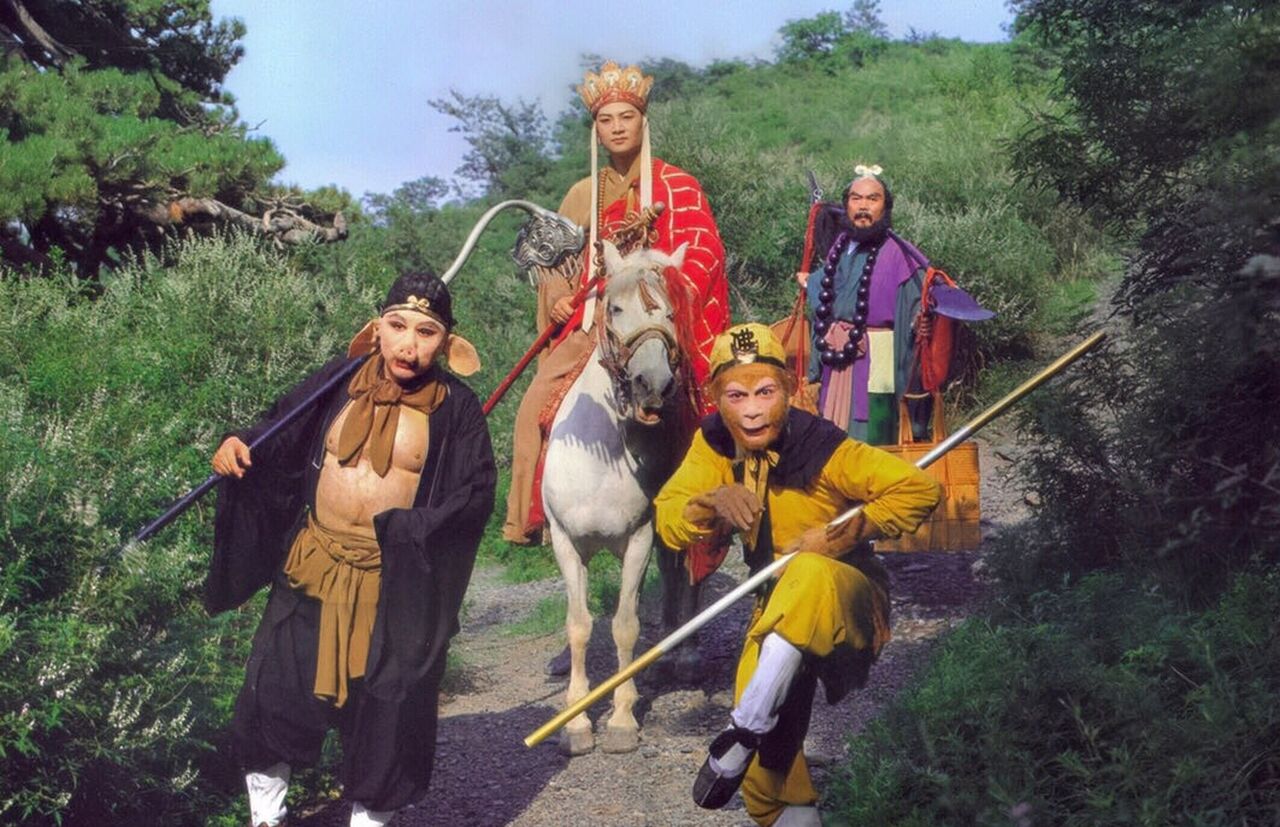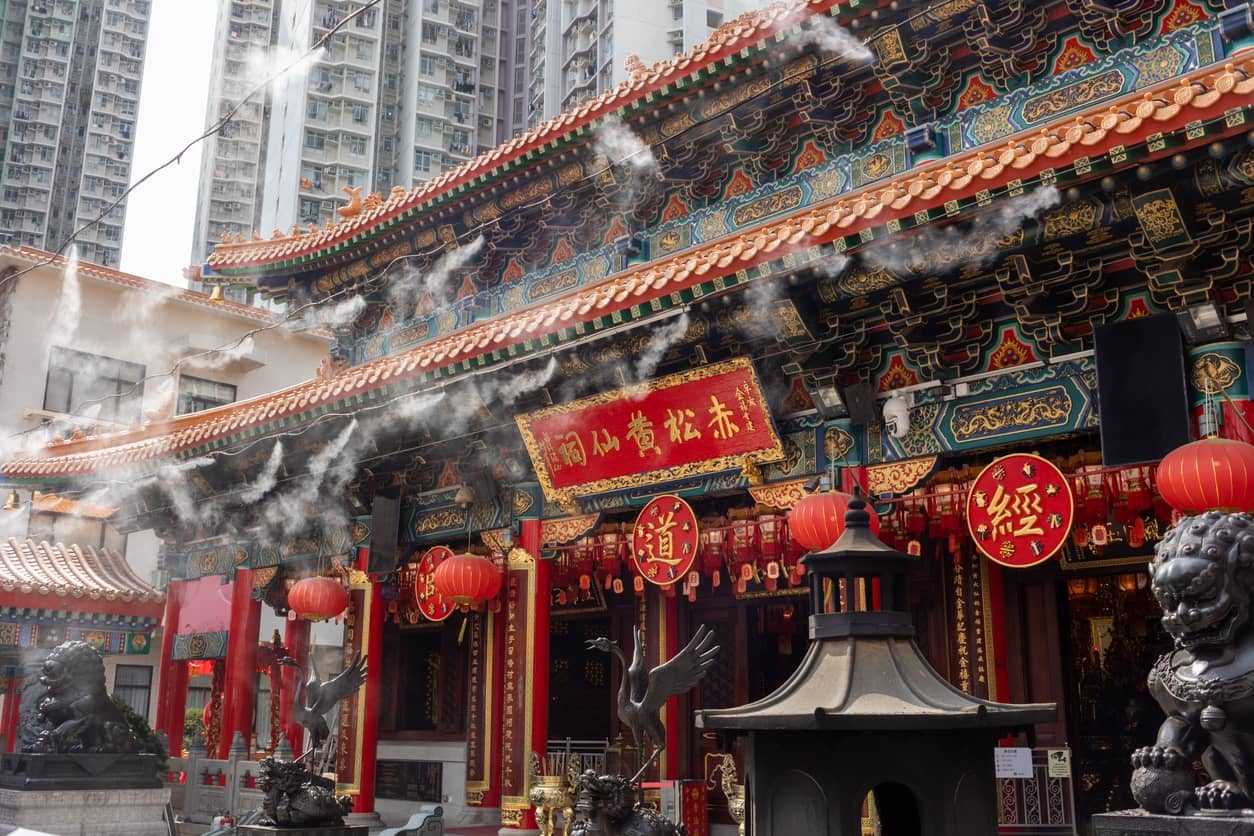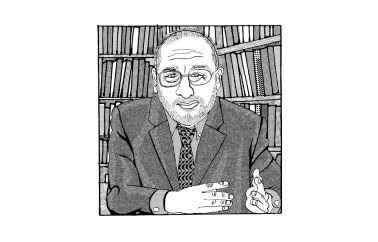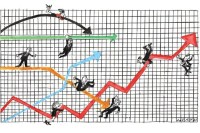In This Episode
Are the Chinese religious? The government’s treatment of Christians and particularly Muslims have been under scrutiny in recent years. But these religious groups only form around 4 per cent of the Chinese population, according to national surveys. So what do the other 96 per cent believe in?
The CCP is famously atheist, but that doesn’t mean the society is faithless. Even today, my family (like most other Han families) still sweep the tombs of our ancestors and burn paper money (and these days paper cars and paper iPhones) for their use in the afterlife.
In particular, Buddhism, Daoism and Confucianism have grown together, over the centuries, to provide what the Chinese call ‘sanjiao heyi’ – three teachings harmonious as one, and these continue to influence Chinese life. Growing up, I never knew which part of my temple visit belonged to which faith. As my guest, Professor Mark Meulenbeld from the Hong Kong Polytechnic University tells me:
‘There is no such thing as a monotheistic mindset in China. One day you visit the Buddhist neighbourhood temple; the next you go to a Daoist temple; and the day after, you engage in some activity which is completely aligned with Confucianism’
This hybrid religion is best represented by Journey to the West, one of the four great classical novels of China, which is a story of a Buddhist monk who goes on a journey to obtain sutras from ‘the West’ of China (India), protected by a monkey who learns the way of Dao, they encounter demons and animal spirits who all want to eat the monk. It’s a great story, but an absolute theological mess.

The 1986 TV adaption of Journey to the West.
On this episode of Chinese Whispers, we’ll be taking a look at what the three teachings teach, and how, in modern China, they’ve perhaps become more cultural than religious. We also discuss why rural folk may be more likely to parrot the government line that their religion is ‘superstition’; and how, even if only performative, the widespread ancestor worship that still happens yearly at the Tombsweeping Festival (Qingming) is still an important part of modern Chinese life.






Comments
A blooming good offer
Join the conversation with other Spectator readers by getting the next 3 months for £3.
CLAIM OFFER 3 months for £3Already a subscriber? Log in